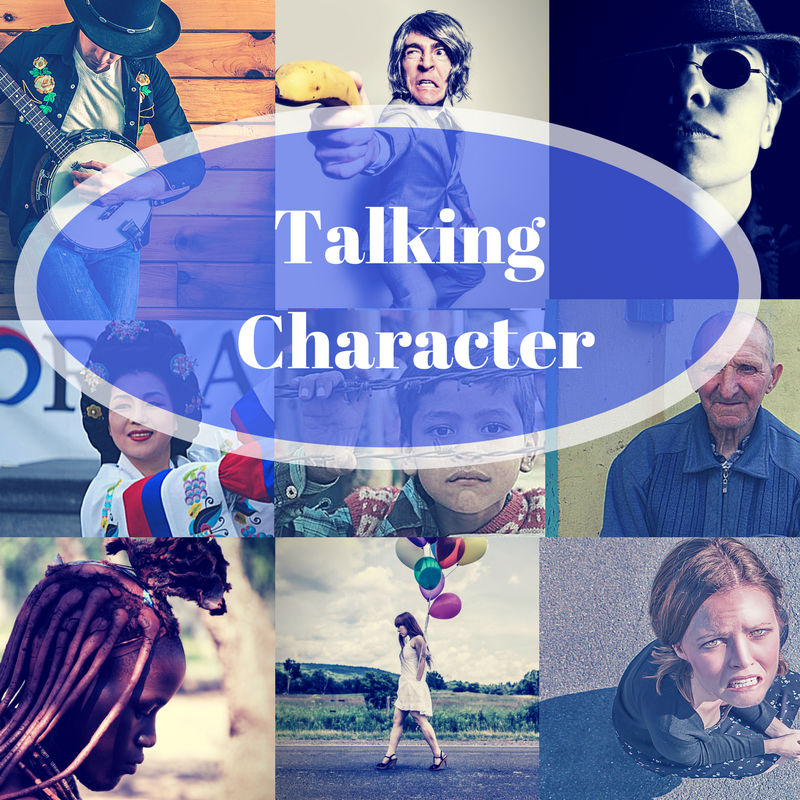A character bio is a collection of information that delineates and describes a fictional character. It is a tool that helps a writer:
- Create well-rounded, interesting, unique, characters
- Understand who the character really is and what makes them tick
- Ensure consistency in the character as the story progresses
Like any writing tool, character bios should be approached properly in order to achieve best results.
What is critical in a character bio?
- Physical description. You don’t need to define every freckle, but you do need enough to satisfy readers and differentiate this character from others in the story. Don’t forget to consider how their size and features will affect the plot.
- What temperament and attitude qualities make the character the perfect choice for the role she plays in the story? Start from her essence and then layer on traits that enhance her character, making her more believable and nuanced.
- Pertinent backstory. Not a full life history, but the pieces of that history that are pivotal in making the character who he is at the start of the story. This includes the past event that knocked his world out of alignment and created the inner issue he struggles with in the story. It also includes whatever has inspired his motivation to achieve his story goal. In addition to those key elements, backstory may also include information on other significant issues, such as family dynamics or how he acquired the various skills he needs to make it through the plot.
- Plumbing the depths. A character bio is where a writer should go deep into the character’s psyche. The more you explore her inner fears, secrets, shames, hopes and dreams, the better. Start from her inner issue and story goal, and push deeper, trying to understand all there is about those aspects of her character and how they affect the rest of who she is.
- Other details, such as education, skills, mannerisms, family background, and preferences should be considered, when they are pertinent. For example, the character’s level of education will affect his speech patterns and vocabulary. His preference in music may be critical or completely irrelevant, depending on the plot.
Pitfalls to avoid when creating character bios
- Coming up with random answers to random questions that have no bearing on the plot. Does it really matter what kind of ice cream your hero likes best or whether your heroine likes her middle name? It may be fun to think up answers to such questions, but it’s all too easy to pull the answers out of the air without considering how they suit your character or advance your plot. Worse yet, if you throw in a fascinating but irrelevant factoid, you will confuse your readers. For example, if you mention the hero is into falconry, readers will spend the rest of the story wondering how his falconry talents will be useful to the plot.
- If you’ve spent hours considering your character’s every fear, triumph, and preference, you will naturally want to share those details with your readers. Use caution! If you flood readers with too many details they will quickly lose interest. Most of what you learn in a well-crafted character bio will never show up on the page, but it will inform every decision and action the character makes. Trust the process and use details sparingly.
- Getting so involved in writing character bios that you never get around to writing the actual story. Enough said.
[bctt tweet=”Spend your time concentrating on the right information, and you will be well on your way to crating vibrant, memorable characters. Happy writing. #writer #writetip” username=””]
Lisa E. Betz is a Bible study leader, drama director, and aspiring novelist. She lives with her husband and a neurotic cat in a scenic corner of Pennsylvania. When not teaching or sorting books at the library, Lisa blogs about intentional living at www.lisaebetz.com.
Connect with her:
Website: www.lisaebetz.com
Facebook: Lisa E Betz Writer
Twitter: @LisaEBetz








No Comments